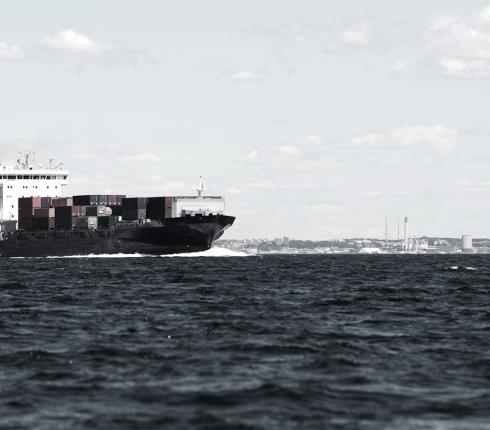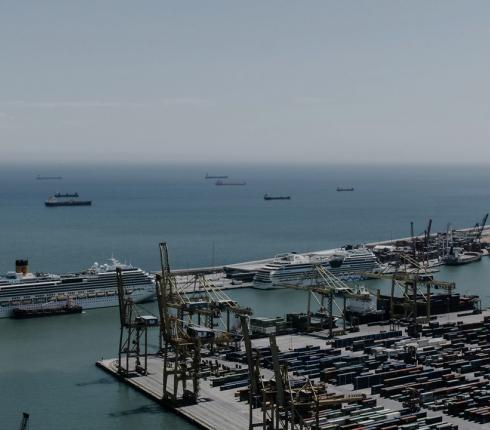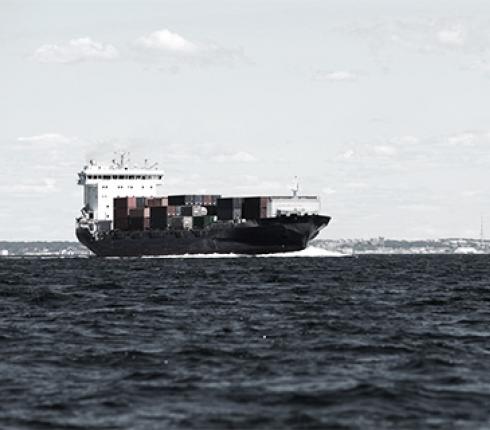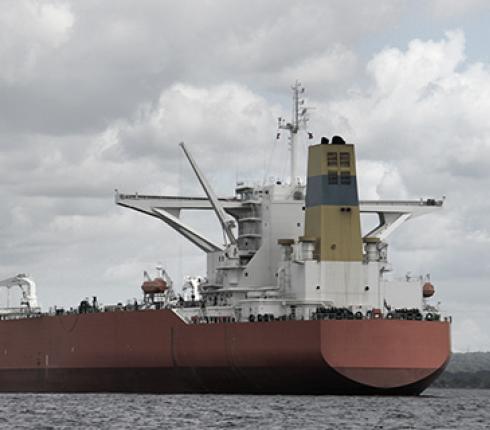Contracting on CIF terms led to dispute being subject to Danish jurisdiction
The Danish Western High Court recently issued a judgment in a dispute between a Danish and a Czech company under a contract for the sale of an industrial machine, which included the Incoterm condition “CIF Bratislava”. The machine was to be carried by road to the buyer. The parties had not agreed on the jurisdiction for disputes arising under the sale contract.
Incoterms provides a range of clauses usable for specific modes of transport, as well as some clause that can be used for any mode of transport. The FAS, FOB, CFR and CIF clauses are intended solely for carriage by sea and inland waterways, but cannot be used for road transport.
The parties’ use of the CIF clause was therefore problematic. Under the CIF clause, delivery will take place when the goods are loaded on board a ship. As no sea carriage was involved, it was unclear what the parties had agreed with respect to the time of delivery and passing of risk of the goods, since the contract was otherwise silent on this point.
Reversing the district court’s judgment, the Danish Western High Court found that under the Brussels II Regulation article 7, para 1, litra b, delivery occurred when the goods was handed over to the independent road carrier in Svenstrup. Accordingly, under the Brusselss II Regulation this meant that the local court – the district court of Aalborg – had jurisdiction to consider the Danish company’s claim under the sale contract.
In the judgment, the Western High Court appears to limit its interpretation of the parties’ agreement to the issue of jurisdiction under the Brussels II Regulation: i.e., as the parties had agreed on the CIF term, and since delivery would normally take place upon the handing over of the goods to the (ocean) carrier, the terms of the contract and the parties’ intention was that delivery under the Brussels II Regulation would take place upon handing over of the goods to the (road) carrier.
However, the Court did not as such find that the use of the CIF term in itself had a bearing on the applicable law and jurisdiction for disputes under the contract, nor on the general interpretation of the place of delivery under the CIF clause. Such a finding would arguably go against the nature and intended use of the clause.
The use of the CIF term in sale contracts often reveals a mistaken belief that Incoterms regulate matters such as jurisdiction, choice of law and transfer of risk for the goods. These issues are not regulated by Incoterms, and must therefore be agreed upon separately.
The judgment emphasizes that the Incoterms clauses must be used with care, and that they should not be used for other transport modes than those for which the relevant clause was intended. Finally, all sale and purchase contracts should include provisions on the choice of law and jurisdiction for disputes arising under the contracts.
































